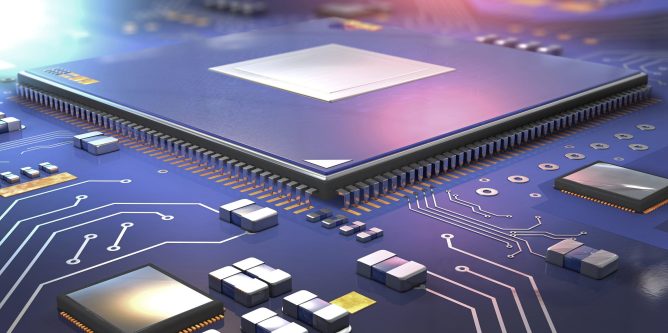The invisible backbone of modern electronics
PCBs, or printed circuit boards, are often marvelled at for their intricate design but remain invisible to the human eye. These thin sheets of conductive ink form the backbone of everything from smartphones and laptops to medical devices and industrial machinery. As demand for electronic devices skyrockets, so does the reliance on PCBs to ensure functionality, efficiency, and reliability.
The race for component excellence
The proliferation of components has led to an arms race among manufacturers. With more than 34 billion unique SKUs available from 2019 to 2023 alone, the challenge is to source the right parts without causing delays or costly overhauls. This is where issues like supply chain disruptions and component obsolescence become paramount concerns.
Enter Celus: redefining PCB design
Celus emerges as a game-changer in this landscape with its innovative AI-driven platform designed to revolutionise PCB manufacturing. By automating the most time-consuming tasks, Celus empowers designers to focus on innovation while streamlining production processes.
Breaking down Celus’s vision
Celus: AI-powered innovation
At the heart of Celus lies an advanced AI system engineered to predict and mitigate component shortages. This intelligent platform assesses market trends, supplier reliability, and design complexity to offer tailored solutions that ensure product viability in the face of uncertainty.
Overcoming barriers with smart algorithms
The algorithm at Celus’s core is trained on decades of industry data, recognizing patterns that humans might overlook. It identifies potential bottlenecks early, allowing designers to pivot before they hit a snag. Whether it’s optimizing material selection or predicting failure points, Celus ensures each step of the manufacturing process is executed efficiently.
celus in action
Enhancing design flexibility
For companies with vast product portfolios, Celus provides a comprehensive suite of tools that adapt seamlessly into existing workflows. This flexibility means designers can customise their processes to meet specific client needs without compromising on quality or efficiency.
Reducing cycle times and costs
The integration with CAD software and simulation tools minimises time spent on manual tasks. By automating layout design, routing, and testing, Celus significantly reduces production cycles while cutting operational expenses.
celus’s impressive credentials
Building a legacy of success
With seed funding of €5.4 million over four years, Celus has established itself as a leader in the rapidly evolving space of AI-driven manufacturing solutions. Notable clients include Siemens and Viessmann—a €3.4 billion German manufacturer of heating and cooling systems.
celus’s future vision
Looking ahead, Celus is poised to expand its reach with strategic investments and partnerships. The company aims to solidify its position as the go-to solution for companies across Europe and beyond, ensuring they are not only productive but also competitive in a fast-paced global market.
Closing thoughts
As manufacturers grapple with an increasingly complex landscape, Celus stands as a beacon of innovation. By harnessing the power of AI, Celus is redefining how PCBs are designed and manufactured, paving the way for a future where design excellence is not just an option but a necessity.
In a world where technology continues to drive progress, it’s clear that Celus is leading the charge towards smarter, more efficient manufacturing. With its forward-thinking approach, Celus is setting a new standard in the industry—a standard that prioritises innovation and sustainability for all manufacturers.




